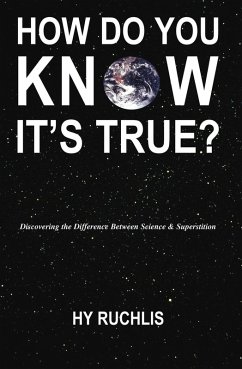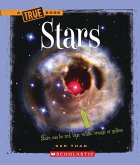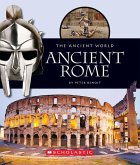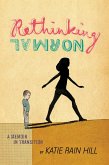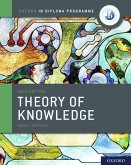Superstition still requires that many buildings have no floor numbered thirteen. More than 25% of Americans say they believe in astrology. Knocking on wood is an almost universal habit. Are these harmless notions - or dangerous delusions? Unfortunately, "fairy-tale thinking" is still the greatest enemy of progress, and education often bypasses the teaching of cognitive skills young readers can use to think independently. How Do You Know It's True? will provide young readers with an understanding of the basic nature of science, not just as a body of knowledge, but as a way of thinking. Hy Ruchlis addresses the main theme by contrasting the Cinderella fable with the way scientists establish facts; he describes the scientific method and how it has been applied to increase human knowledge. In subsequent chapters, Ruchlis demonstrates the unobservable nature of superstition, illustrates the dangers of magical thinking using the example of the Salem witch trials, explores the contradictions of such elaborate superstitions as astrology, and shows how astonishing events can be analyzed and explained using rational methods.
Hinweis: Dieser Artikel kann nur an eine deutsche Lieferadresse ausgeliefert werden.
Hinweis: Dieser Artikel kann nur an eine deutsche Lieferadresse ausgeliefert werden.

